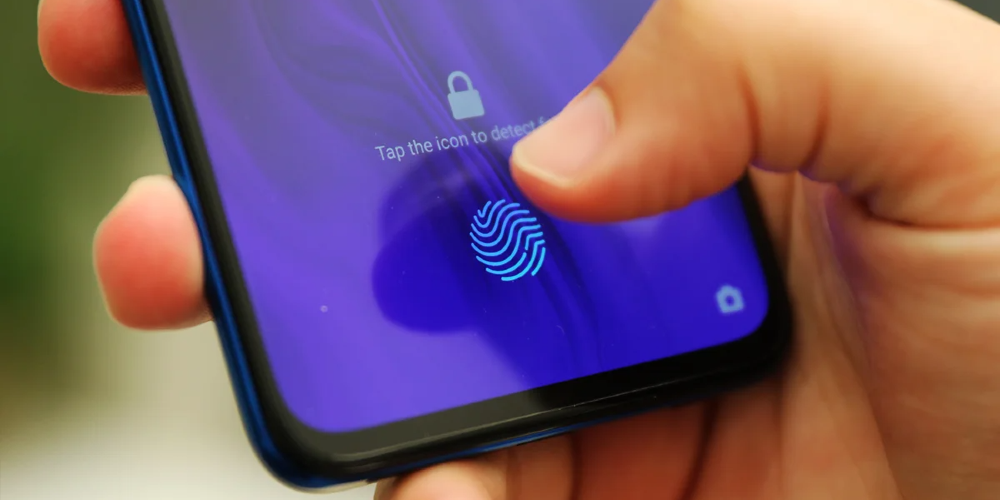Google Chrome to Now Offer Fingerprint Authentication for Saved Passwords on Windows and macOS
- Feb 08, 2023

With the rising prevalence of cybercrime, it is essential that we take extra measures to protect our online accounts. To this end, Google has announced an additional layer of security to its password manager that will now let users save login passwords for frequently used web pages and access them using fingerprint authentication.
This feature was announced on Safer Internet Day by Google in a blog post. The feature will allow users to use biometric authentication (fingerprint unlock data stored on their computers) to access their saved passwords in Chrome’s password manager. This added layer of protection will require users to verify their identity before they can fill out or view their saved passwords on supported computers.
To set up the new feature, users are required to tap “Continue” when prompted with the option “Protect passwords with your screen lock”. Once enabled, this same verification process must be followed every time a user wants to copy/edit any saved password from Google Password Manager in Chrome. This is an improvement over the current system, which requires either entering a PIN or entering stored computer passwords each time one needs access to Chrome’s password manager.
In addition, Google says it's adding support for Android devices version 8 and up, so users can view saved passwords from anywhere without having to physically access a computer. This could come in handy if someone needs quick access when using another device, such as a friend's laptop or smartphone, while traveling abroad without taking their own vacation. It should be noted. However, that biometric authentication does not work here because Android does not yet have built-in fingerprint support. Instead, Android users need to enter a master password (which must be different from the password used elsewhere) or use two-factor authentication with an SMS verification code sent directly to Google upon request when trying to log into the Chrome password manager remotely from their Android device instead of physically entering credentials on their machine first and then doing it securely over any other network connection, like Wi-Fi hotspots, etc.
This added level of security offered by Google through fingerprint authentication is sure going to help keep our accounts even safer than ever before! With more people relying on online accounts for everyday activities like banking and shopping, it makes sense that we should have multiple layers of protection against potential breaches and misuse by unauthorized persons or entities looking at accessing our personal information without consent. In addition, since most phones have already adopted such systems and technology - leveraging biometrics-based authentication with these devices would make life easier for many people who also use laptops/desktops regularly as well!







